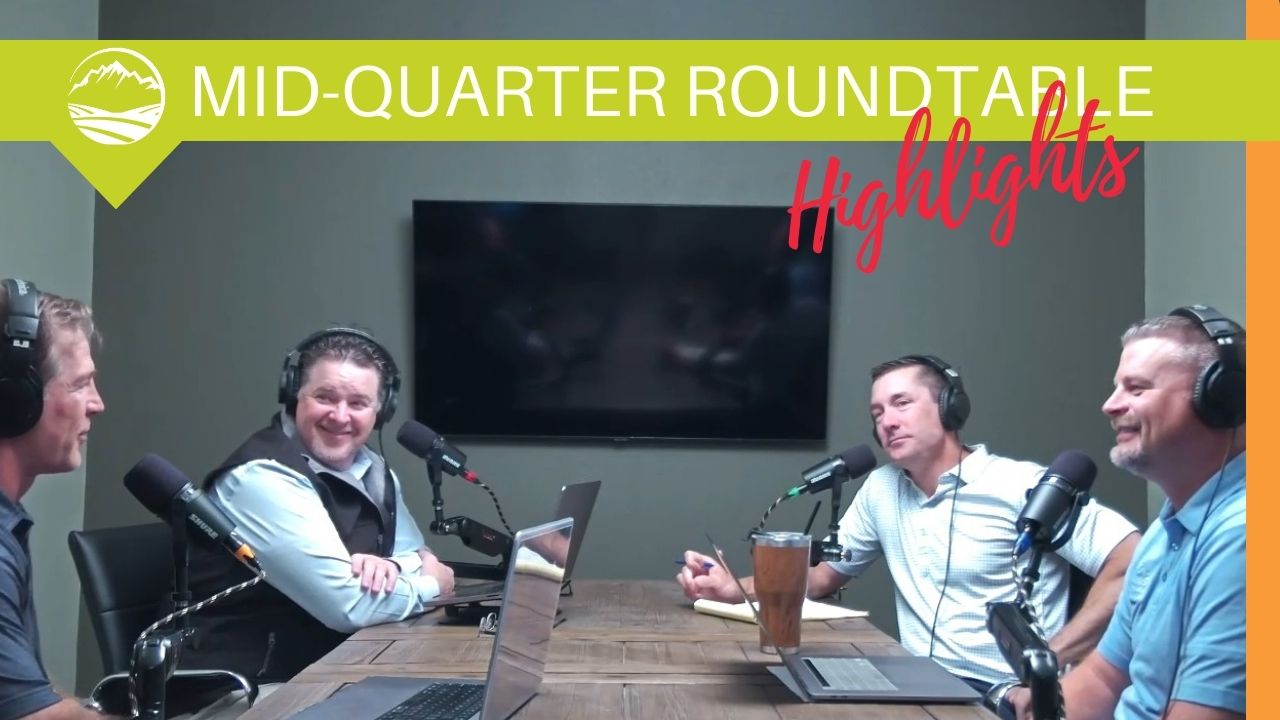You are now leaving the Strong Valley Wealth & Pension, LLC ("Strong Valley") website. By clicking on the "Schwab Alliance Access" link below you will be entering the Charles Schwab & Co., Inc. (“Schwab”) Website. Schwab is a registered broker-dealer, and is not affiliated with Strong Valley or any advisor(s) whose name(s) appears on this Website. Strong Valley is/are independently owned and operated. Schwab neither endorses nor recommends Strong Valley. Regardless of any referral or recommendation, Schwab does not endorse or recommend the investment strategy of any advisor. Schwab has agreements with Strong Valley under which Schwab provides Strong Valley with services related to your account. Schwab does not review the Strong Valley website(s), and makes no representation regarding the content of the Website(s). The information contained in the Strong Valley website should not be considered to be either a recommendation by Schwab or a solicitation of any offer to purchase or sell any securities.

Improving spending habits helps you achieve financial stability and security. These 5 simple strategies can help you take effective steps towards improving your spending habits and developing long-run habits that can help you be more intentional with your goals to build a better financial future.

All of us have bad spending habits that we would like to change in order to take better control of our finances. Let’s explore five specific strategies for improving spending habits and achieving real financial stability.
The first step in improving your spending habits is to create a budget. This involves tracking your income and expenses to determine where your money is going each month. Once you have a clear understanding of your spending habits, you can identify areas where you may be overspending and make adjustments accordingly.
One of the most effective ways to improve your spending habits is to cut back on discretionary spending. This includes things like eating out, entertainment, and impulse purchases. By setting limits on these types of expenses, you can free up money to put towards more important financial goals, such as paying off debt or saving for retirement.
Another strategy for improving your spending habits is to use cash for discretionary purchases. This can help you avoid overspending and keep better track of your expenses. When you have a limited amount of cash on hand, you are forced to make more intentional and thoughtful purchases.
High-interest debt, such as credit card debt, can be a major obstacle to achieving financial stability. If you have outstanding balances on credit cards or other high-interest loans, make paying them off a top priority. This may involve making sacrifices in the short term, but it will pay off in the long run by reducing your overall debt burden and freeing up money for other financial goals.
If you are struggling with bad spending habits or other financial challenges, don't be afraid to seek professional help. Financial advisors, credit counselors, and other financial experts can provide guidance and support to help you improve your finances and achieve your goals.
Improving spending habits is an important step towards achieving financial stability and security – so you can take control of your finances and build a better financial future.



